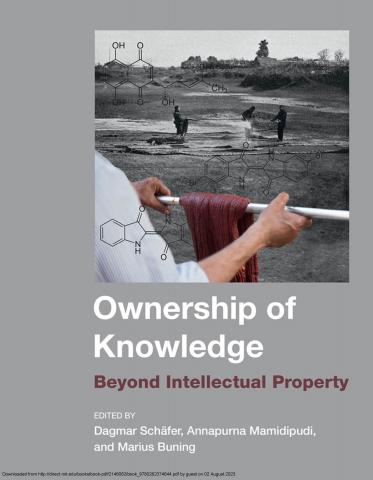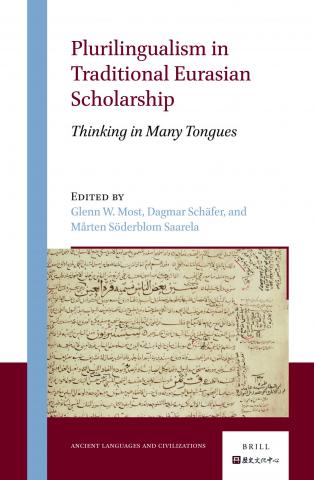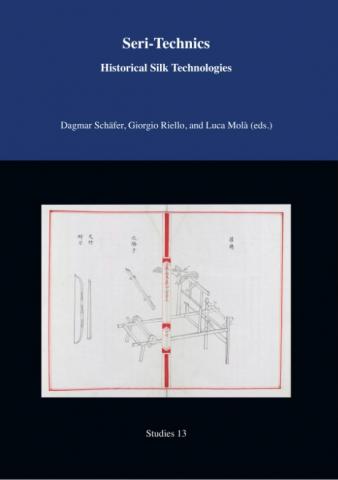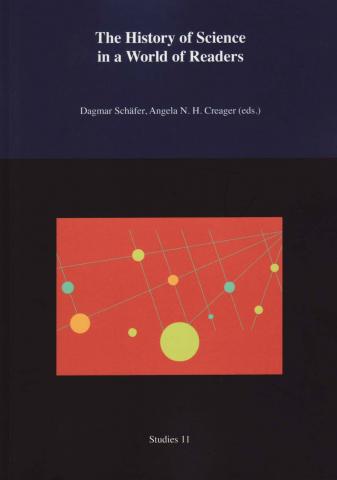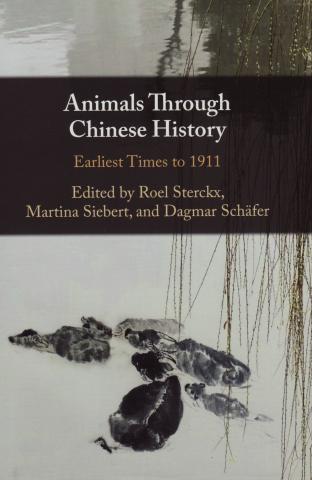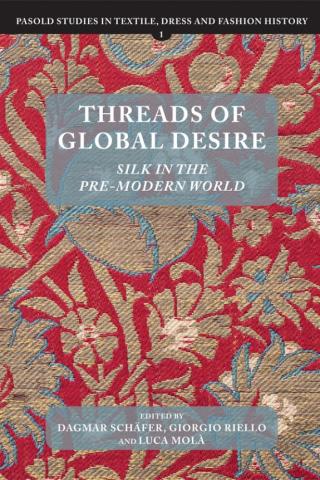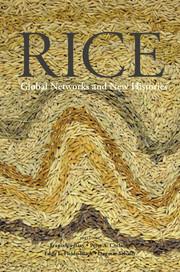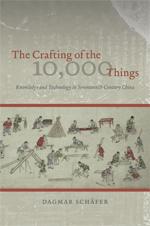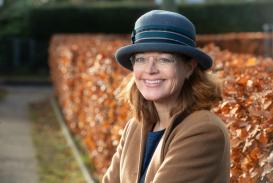
Dagmar Schäfer is fascinated by past practices and discourses of making and how they affect us today. A trained sinologist and historian of science and technology, her research interests range from the history and sociology of technology of China to the paradigms configuring the discourse on technological development, past and present. She received her doctorate in Würzburg in 1996 and her habilitation in 2005. After leading an MPIWG Independent Research Group on the History of Science and Technology in China, she was granted the Chair of China Studies and History of Technology at the University of Manchester in 2011, and took up directorship of Dept. III, Artifacts, Action, Knowledge in 2013. Dagmar Schäfer is Honorary Professor at the Technische Universität Berlin (History of Science and Technology) and at Freie Universität Berlin (China Studies). Recent guest professorships and residential scholarships include the Shanghai Jiao Tong University, 2017, the IAS Princeton, 2019, and the European University Institute, Florence, in 2022.
Dagmar Schäfer has published widely on the premodern history of China (Song-Ming) and technology, materiality, the processes and structures that lead to varying knowledge systems, and the changing role of artifacts—texts, objects, and spaces—in the creation, diffusion, and use of scientific and technological knowledge.
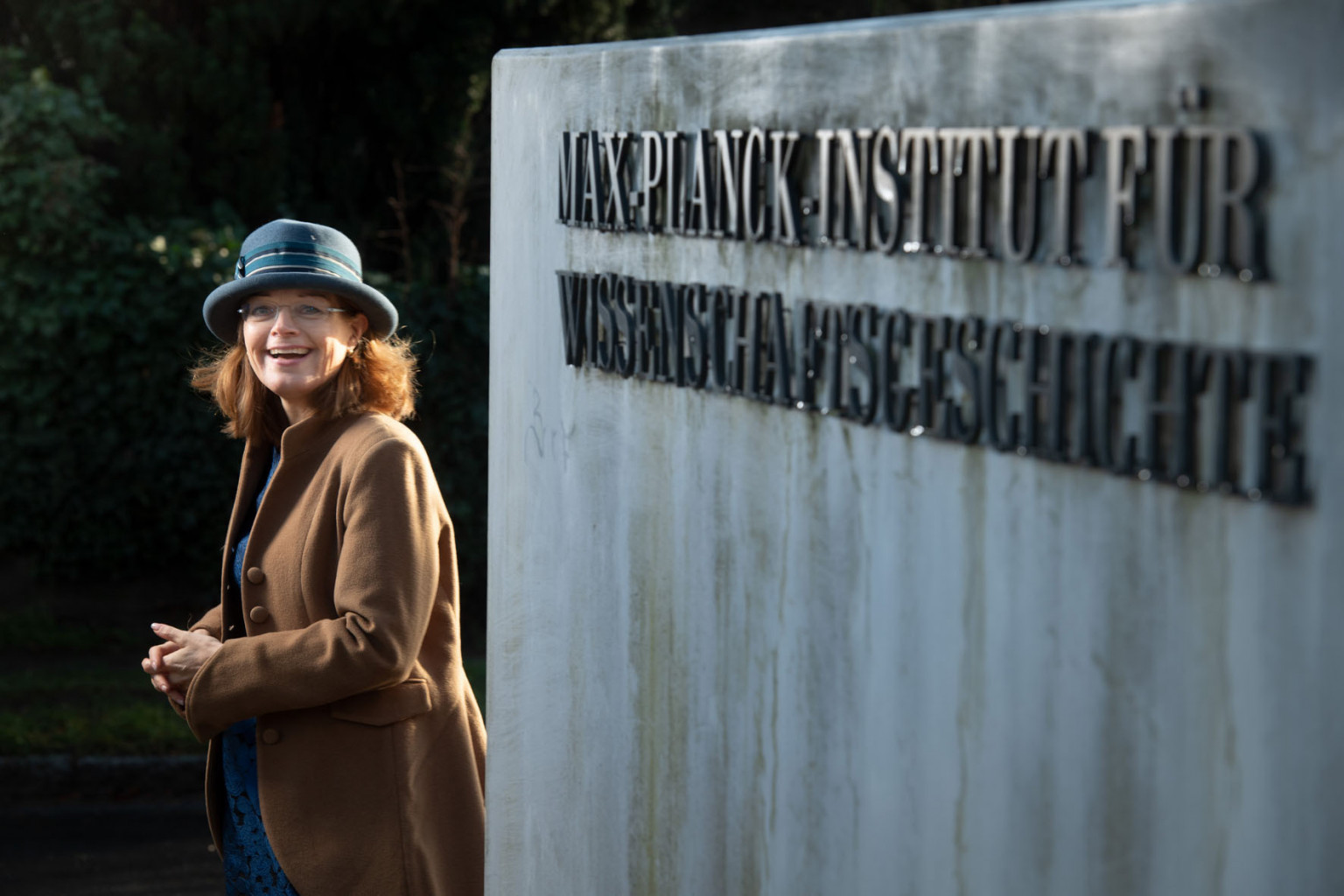
Photo: ausserhofer.de
Her monograph, The Crafting of the 10,000 Things: Knowledge and Technology in Seventeenth-Century China (University of Chicago Press, 2011), received the Pfizer Award and Joseph Levenson Book Prize. Recent publications include the working group volumes Ownership of Knowledge: Beyond Intellectual Property (MIT Press, 2023), coedited with Annapurna Mamidipudi and Marius Buning, and Plurilingualism in Traditional Eurasian Scholarship: Thinking in Many Tongues (Brill, 2023), coedited with Glenn W. Most and Mårten Söderblom Saarela, as well as the History and Technology special issue “Making History: Technologies of Production and the Estate of Knowledge in East Asia,” coedited with Victor Seow (2022).
In 2020 Dagmar Schäfer was awarded the Gottfried Wilhelm Leibniz Prize by the DFG (German Research Foundation) for her development of new approaches to cultural studies and the resulting comparative perspectives on a comprehensive global history. Dagmar Schäfer is the current Executive Director of the MPIWG.
Projects
Berlin Research 50 (BR 50)
Ability and Authority
Berlin Research 50 (BR 50)
Common Knowledge and Its Sources in the Sinosphere, 14th to 20th Centuries
Image Database: Visualization and Material Cultures of the Heavens
Local Gazetteers
Source-Based Initiatives
Visualization and Material Cultures of the Heavens in Eurasia and North Africa (4000 BCE–1700 CE)
Accounting for Uncertainty: Prediction and Planning in Asian History
Cultural Traditions of Technical Knowledge
Geographies of Knowing: China Historical GIS
History of Science ON CALL: Listening, Attending, Acting
History of Science Reader
Knowledge Transmission
Media and Methods of Practical Knowledge Transmission: Craftsmanship and the Qing Court
Monumentalized or Marginalized, Writings about Technology in Chinese History: A Database
Selected Publications
Schäfer, Dagmar, Annapurna Mamidipudi, and Marius Buning, eds. (2023). Ownership of Knowledge: Beyond Intellectual Property. Inside Technology. Cambridge, MA: MIT Press. https://doi.org/10.7551/mitpress/14648.001.0001.
Read More
Most, Glenn W., Dagmar Schäfer, and Mårten Söderblom Saarela, eds. (2023). Plurilingualism in Traditional Eurasian Scholarship: Thinking in Many Tongues. Ancient Languages and Civilizations 3. Leiden: Brill. https://doi.org//10.1163/9789004527256.
Read More
Seow, Victor and Dagmar Schäfer, eds. (2022). Making History: Technologies of Production and the Estate of Knowledge in East Asia. Special issue, History and Technology 38 (2–3). Routledge. https://www.tandfonline.com/toc/ghat20/38/2-3.
Read More
Schäfer, Dagmar and Simona Valeriani, eds. (2021). Technology Is Global: The Useful & Reliable Knowledge Debate. Special issue, Technology and Culture 62 (2). Baltimore, MD: Johns Hopkins University Press. https://muse.jhu.edu/issue/44660.
Read More
Schäfer, Dagmar, Shih-Pei Chen, and Qun Che (2020). “What is Local Knowledge? Digital Humanities and Yuan Dynasty Disasters in Imperial China’s Local Gazetteers.” Journal of Chinese History 4 (2): 391–429. https://doi.org/10.1017/jch.2020.31.
Read More
Presentations, Talks, & Teaching Activities
IMPRS, MPIWG
Organizer: Baptist University of Hong Kong
Venue: Hong Kong Palace Museum
Organizer: Peking University
Venue: Institute of Humanities and Social Sciences, Peking University
Freie Universität Berlin

